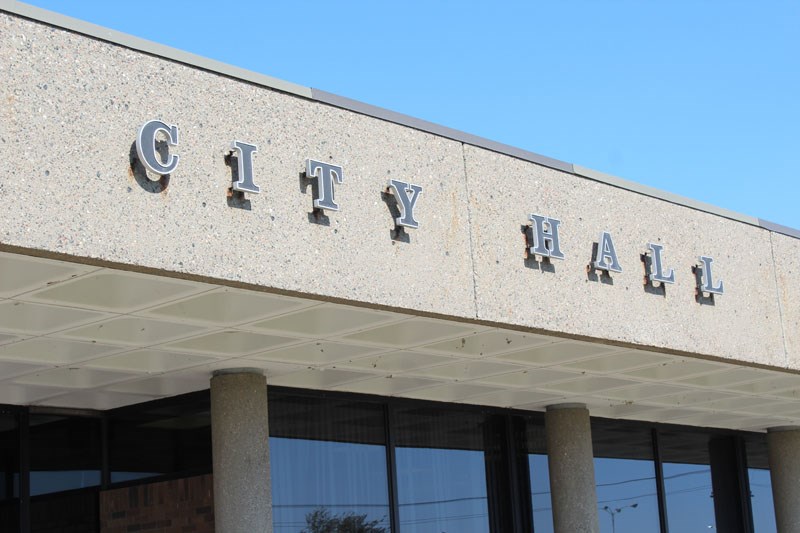Mayor Colleen Smook and city manager Anthony McInnis fielded questions about property taxes, the city’s reserves, pothole repair and the water utility from Thompson Chamber of Commerce members May 19 after a brief presentation on the 2021 financial plan, which was passed by council May 10.
One of the questions asked during the online meeting was how Thompson’s mill rates stack up against other communities of similar size.
McInnis said chief financial officer Jenny Krentz compared Thompson’s mill rates with those in other communities around the province and that they are “quite competitive,” though there are factors that affect what that means for the city in terms of actual numbers.
“Unlike a lot of communities that are a lot heavier on commercial properties, Thompson is mostly residential properties that bear the brunt of any sort of taxation burden,” said McInnis, as the city has 67 per cent residential properties, 27 per cent commercial properties and six per cent institutional properties.
He also cautioned that mill rates aren’t always an oranges-to-oranges comparison point as some communities have low mill rates but many special levies for everything from garbage collection to firefighting, while Thompson has only one special levy, with all other services funded by mill rates and external grants.
The city manager also said that rumours of depleted reserves are untrue.
“We drew down on our reserves this year $3 million, leaving us $14.6 million in all the city’s different reserves,” he said.
The minimum balance required based onThompson’s operating budget is $6 million.
Chamber president Dennis Green asked if the $8 million difference between the required minimum and what the city actually has is earmarked for anything in particular.
“Basically in our last term of council and this one, reserves aren’t meant to be spent to their max usually,” said Smook. “They’re more or less saved unless you need it in case something comes up.”
When it came to deciding whether to set aside money for infrastructure projects that could be largely paid for by federal-provincial grants that are still pending approval, McInnis said deferment wasn’t an option
“We can’t say, ‘This is not a good year,’’ he explained. “It’s either this year or not. That was the dilemma council had to face.”
Mike Lawson said the budget should have done more to support local businesses that are struggling.
“I sure would have liked to have seen more relief for our local businesses,” he said.
Raj Thethy asked why potholes aren’t fixed properly the first time around. McInnis said the only option early in the road repair season is to cold patch the problem areas until a construction company with an asphalt plant comes to town.
“The cold patch is typically not a long-lasting solution,” said the city manager.
Thethy, who owns Thompson Auto Wash, also had questions about the water and sewer utility, given the volume of water the business uses.
“I’m starting to question the profitability of my business,” he said, asking if it was possible for larger uses of water to pay different rates than other customers.
“The Public Utilities Board, to the best of my knowledge, doesn’t allow for differential rates,” said McInnis. “Everybody has to bear the same burden.”
The city manager acknowledged that Thompson’s water rates have been rising quickly, attributing the need for bigger increases to a large number of water breaks and also to the city having to build a new sewage treatment plant and take over the water treatment plant from Vale in the past couple of years.
When asked why the city took over the water treatment plant if it is expensive to run, McInnis explained that under the 1956 agreement between Inco and the provincial government that established Thompson, the company (now Vale) could get rid of those assets at any time.
“There are a number of things in there that are to Vale’s advantage. It was basically passed on to the city. The city had no choice.”
McInnis was also asked if the water utility could start issuing bills monthly so that residents would know quicker if they had leaks that needed fixing or if there was a possibility of establishing a system like those in some other cities, where customers can go online and see their consumption in real time.
The city manager said the monthly billing idea is being looked at and that hopefully planned upgrades to the water meter billing software would make that possible. Systems that allow so-called smart monitoring of water usage are expensive, he said, but prices are starting to go down.




